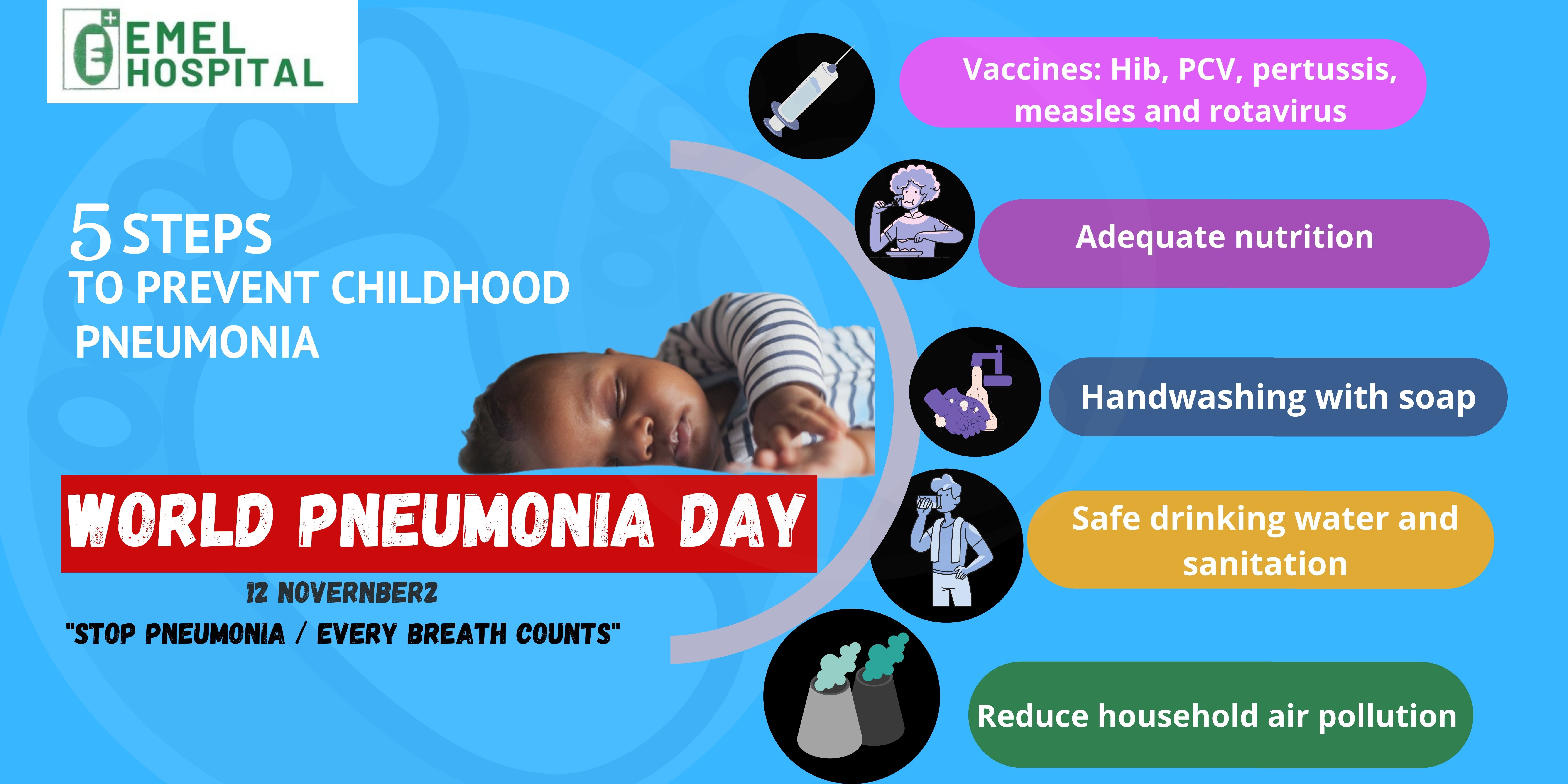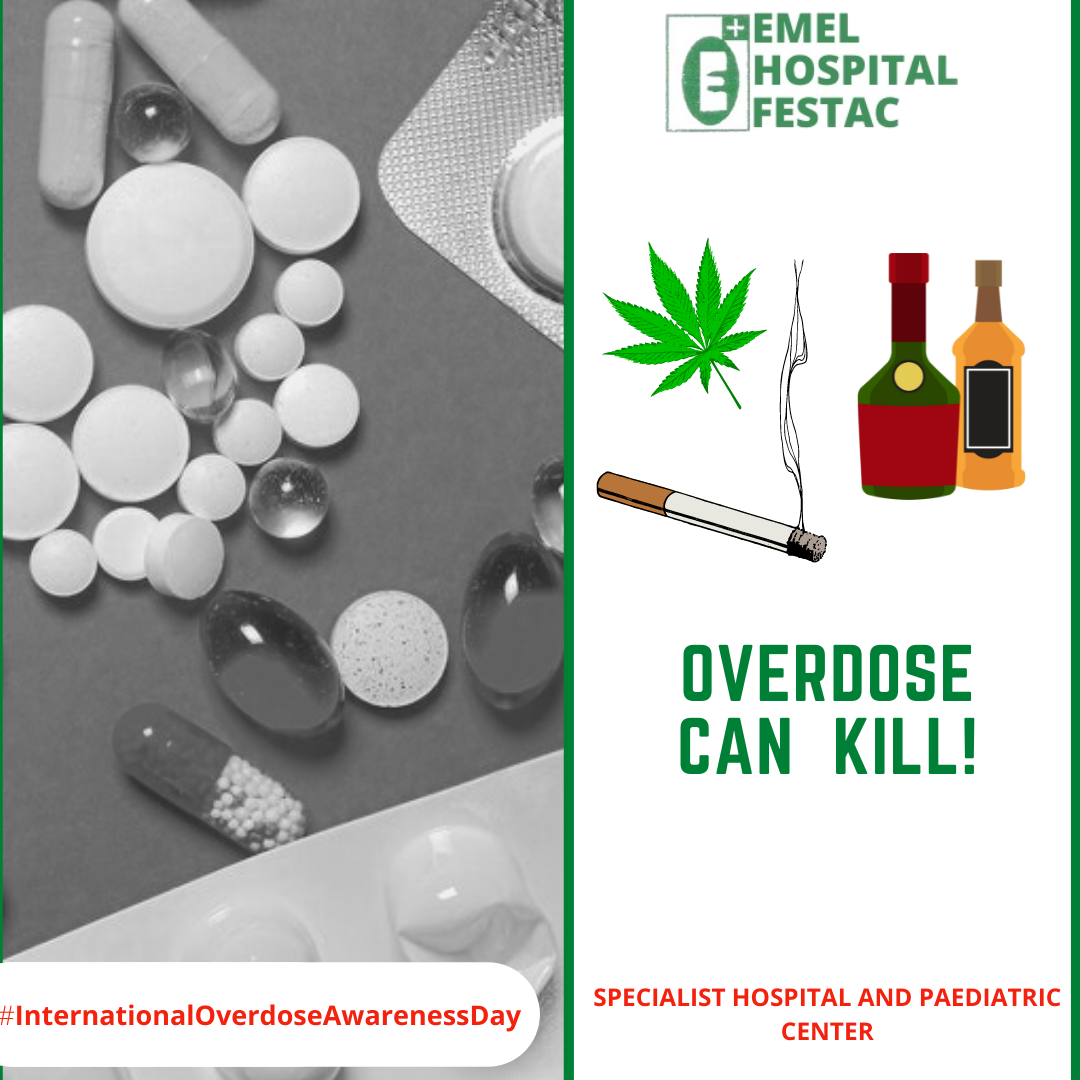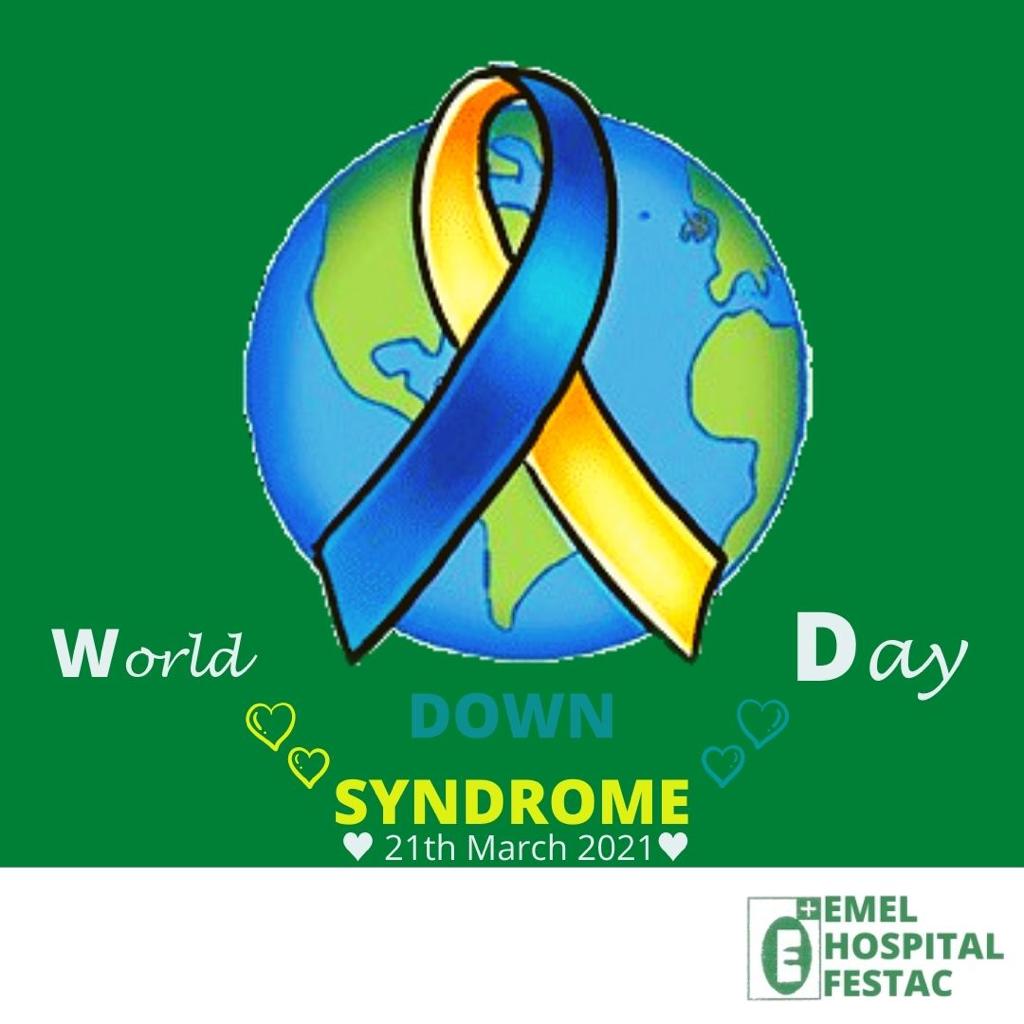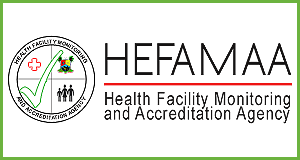Emel Hospital celebrates World Pneumonia Day today, Our specialists talked about preventing pneumonia in children and adults
As Emel Hospital celebrates World pneumonia day today our specialists talked about preventing pneumonia in children and adults.
The aims of this health talk were:
- To raise awareness about pneumonia
- To promote intervention that protects against prevents and treats pneumonia
- To generate actions to combat pneumonia
Preventing Childhood Pneumonia
what is Pneumonia?
PNEUMONIA is an infection of the lungs caused by micro-organisms- bacteria, viruses, and fungi, It is the leading cause of infectious disease death in children under five worldwide, yet it is preventable.
In 2019, an estimated 672,000 children were killed by pneumonia. (One) 1 child dies every (two)2 minutes, Two million children in Nigeria could die in the next decade unless more is done to fight pneumonia; Nigeria contributes the highest number of global pneumonia deaths
Causes:
- Bacteria- Streptococcus pneumonia, Haemophilus influenza, Mycoplasma pneumoniae, Streptococcus pyogenes, Staphylococcus aureus.
- Virus - Respiratory Syncytial virus, Parainfluenza, Influenza, and Adenovirus.
Transmission:
How is pneumonia spread?
- Droplets- air-borne via infected droplets from a cough or sneeze
- Bloodstream- in blood infections especially in under-fives and the elderly, the organisms enter into the lungs and cause an infection
- Aspiration from the oropharynx
Myths about pneumonia:
- Pneumonia is not a serious disease
- Pneumonia is caused by exposure to a fan or air- conditioner.
- Pneumonia is caused by teething
Symptoms:
- Cough
- Shortness of breath- fast breathing
- Fever, sweating, and shaking (chills)
- Fatigue
- Chest pain
- Nausea, vomiting, or diarrhea
- Loss of appetite
Risk factors:
- Malnutrition
- Low birth weight
- Lack of vaccination
- Lack of exclusive breastfeeding
- Indoor air pollution from cooking stoves and cigarette smoke
- Overcrowding
COVID-19 AND PNEUMONIA
- Affects the respiratory system primarily and most people with severe Covid-19 have pneumonia
- Disrupts immunization services thus reversing the gains in child survival
- Cause loss of income, contributing to malnutrition
- Reduces the access of children to health care services
- Disruption of antenatal services increases the risk of preterm delivery and low birth weight babies
How is pneumonia diagnosed?
- A good history and physical examination will usually make a diagnosis, however, supportive investigations are:
- Chest x-ray
- Blood tests - full blood count
- Sputum culture - in older children who can produce sputum
- Pulse oximetry – determines the oxygen content of blood and shows the severity of the disease
Prevention:
The aim of prevention is to boost natural immunity and create a healthy environment.
- Proper nutrition- exclusive breastfeeding, adequate complementary feeding
- Immunization- vaccines against whooping cough, measles, pneumococcus, H.influenza, Tuberculosis
- Avoid overcrowding
- Avoid indoor air pollution
- Ensure proper hygiene- including handwashing with soap and water
PNEUMONIA IN ADULTS
- Community-acquired pneumonia is a leading cause of death worldwide.
- Africa and Asia account for the greatest proportion (66%) of Pneumonia in adults.⁴
- Nigeria accounts for 5% of that burden and is the third place after India and China. (WHO 2014)
- Streptococcus Pneumonia is the commonest cause of Pneumonia infection in adults
RISK FACTORS IN ADULTS:
- Age: > 65years
- Suppressed immune system e.g. sickle cell disease, diabetes, HIV, COVID-19
- Hyperactive airway conditions like g. asthma, atopic rhinitis
- Prolonged use of inhaled corticosteroid
- Smoking
- Overcrowding -schools, dormitories, hospitals, nursing homes
- Living in areas of major air pollution
SYMPTOMS IN ADULTS:
- Cough- productive of phlegm( mucus)
- Chest pains – especially with deep breathing or coughing
- Fever with chills ( sometimes)
- Shortness of breath/difficulty in breathing
- Sore throat
- Fatigue
- Loss of appetite
- Headaches
COVID-19 AND PNEUMONIA IN ADULTS
- We are been informed of a second wave of possible COVID-19 infection in Nigeria, as a result, we should be aware of the following
- COVID-19 infection in its severe form would have a form of Pneumonitis
- To differentiate it from Pneumonia, a history of sudden onset of cough, sore throat, difficulty in breathing with rapid onset and fast progression would be given.
- Associated symptoms would include loss of smell and taste.
- Important safety precaution: Ensure the use of face masks, social distancing, handwashing practices with proper cough etiquette.
PREVENTION IN ADULTS:
- Regular hand washing
- Stop smoking
- Stop Alcohol intake
- Adequate nutrition (plenty of fruits and vegetables)
- Regular exercise
- Vaccination for people at risk (Pneumococcal vaccines)
- Get enough rest/sleep
- Avoid sick people
- Seek prompt care if symptoms are suggestive
- Regular medical checks
References:
- World Pneumonia Day. Stop Pneumonia, every breath counts. https//stoppneumonia.org/latest/world-pneumonia-day/
- Unicef.org. https://www.unicef.org/media/47626/file/UN-IGME-Child-Mortality-Report-2018.pdf(Accessed: 28 October 2020
- https://www.unicef.org/nigeria/press-releases/two-million-children-nigeria-could-die-next-decade-unless-more-done-fight-pneumonia#(Accessed: 28 October 2020).




.png)


